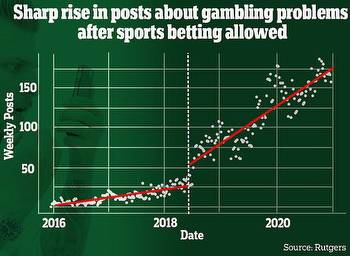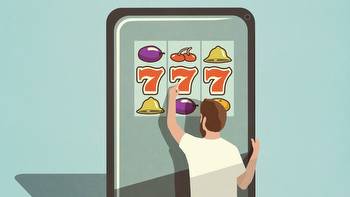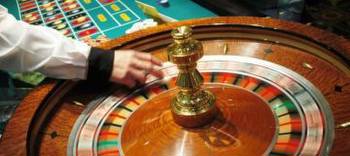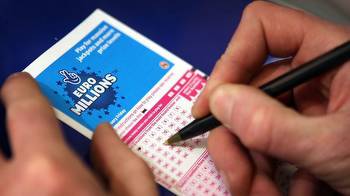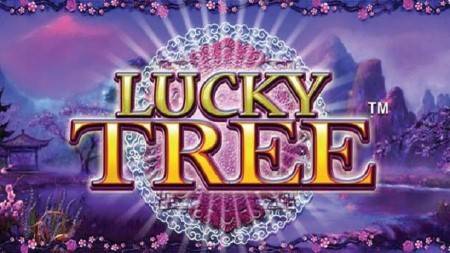Concerns voiced over problem gambling signs among over-65s
Psychiatrists have raised concerns about a potential rise in problem gambling among over-65s in the UK after research revealed a remarkable increase in online betting among the age group since the start of the COVID-19 pandemic.
Around 620,000 more over-65s are gambling online at least once a month than was the case two years ago, according to analysis of Gambling Commission data by the Royal College of Psychiatrists (RCP).
The proportion of over-65s engaging in online gambling at least once a month was significantly larger than with any other age group, with a 4.8% increase from 8.7% to 13.5%. The age cohort with the next largest increase was 45-to-54-year-olds, with 4.5%. By contrast, data for 16-to-24-year-olds showed a 2.7% decrease.
The main reasons for a rise in online gambling among those aged 65 and over are believed to be longer periods spent at home and increased reliance on social media and TV. Along with financial worries and the disruption to normal routines brought about by the pandemic, older gamblers seem to have turned to online sites, something which researchers believe could develop into a problem.
Henrietta Bowden-Jones, spokesperson for behavioural addictions at the RCP, commented: “Not everyone who gambles will develop a gambling disorder, but some will. Gambling disorder is an illness and if left untreated can lead to significant depression, anxiety and suicidal thoughts.”
Matt Zarb-Cousin, director of reform advocacy group Clean Up Gambling, suggested that gambling companies were aware of this vulnerability and actively sought to exploit older people because of it.
Zarb-Cousin said: “[Older people] are at home, are more vulnerable and are shielding and only have Facebook, their laptop and TV to keep in touch with people [which means] they are constantly being marketed at and the temptation is always there.
“They might sign up to bet on racing or sports, but they will be cross-sold the other addictive stuff like slots and will be given free spins and it is quite overwhelming.”
National gambling treatment service GambleAware also said that it had noticed a rise in online gambling among over-60s and was working to promote awareness of treatments.










